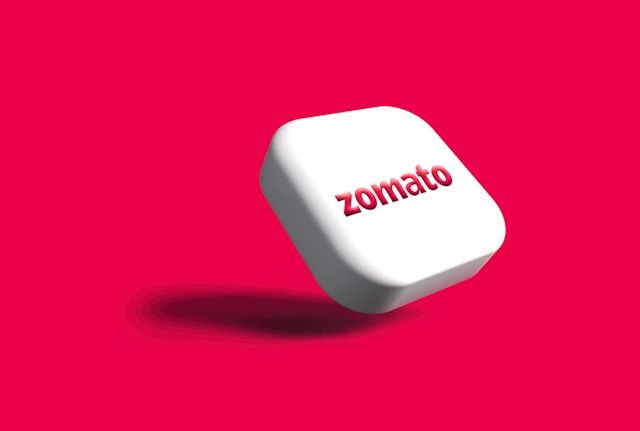Food delivery app’s new policy raises concerns over reinforcing caste-based discrimination
In a move that has ignited widespread discussion and concern, Zomato, a leading food delivery platform in India, recently announced the introduction of a “Pure Veg Mode” and a “Pure Veg Fleet” for its customers. This decision, aimed at catering to the dietary preferences of India’s vegetarian population, has inadvertently sparked a debate on caste and purity, with delivery workers like Rajesh Jatavad* fearing the potential for caste-based delivery systems in the future.
Rajesh, a Zomato delivery rider, expressed his apprehensions about his last name revealing his marginalized caste status, leading to discrimination from some customers. His concerns were exacerbated by Zomato’s announcement on March 19 by CEO Deepinder Goyal, which outlined the segregation of delivery fleets based on dietary preferences. This move, intended to ensure the integrity of vegetarian orders, has been criticized for potentially reinforcing caste stereotypes and discrimination.
Embed from Getty ImagesThe segregation is particularly alarming given that over half of India’s delivery workers belong to scheduled castes and tribes, historically subjected to socioeconomic disadvantages and discrimination. With Zomato’s fleet division, there’s an underlying fear that such policies might extend to other bases of segregation, including caste and religion, further marginalizing already vulnerable communities.
Deepinder Goyal’s rationale for the separate fleets – to prevent cross-contamination of vegetarian and non-vegetarian food orders – was met with backlash, especially concerning the safety of delivery workers in areas where meat consumption is stigmatized. Although Zomato later clarified that all riders would wear the same color uniform to avoid potential harassment, the differentiation between fleets remains, with the option for customers to choose the “Pure Veg” fleet on the app.
Critics argue that this policy not only panders to caste-based prejudices linked to dietary habits but also poses a risk of deepening societal divides. Sociologists and workers’ rights advocates warn against the implications of such segregation, emphasizing the historical context where food and caste are intricately linked in India, with vegetarianism often associated with purity and higher caste status.
In response to the controversy, Zomato assured that delivery partners are selected without discrimination based on any criteria, including dietary, political, or religious preferences. However, the company’s initiative has reignited discussions about the impact of business practices on social issues, particularly in a country as diverse and complex as India.
The debate surrounding Zomato’s “Pure Veg Fleet” highlights the ongoing challenges of addressing cultural sensitivities in business operations, especially when they intersect with deeply entrenched social norms and prejudices. As the discussion unfolds, it remains to be seen how Zomato and similar companies will navigate the delicate balance between catering to customer preferences and promoting social inclusivity and harmony.
